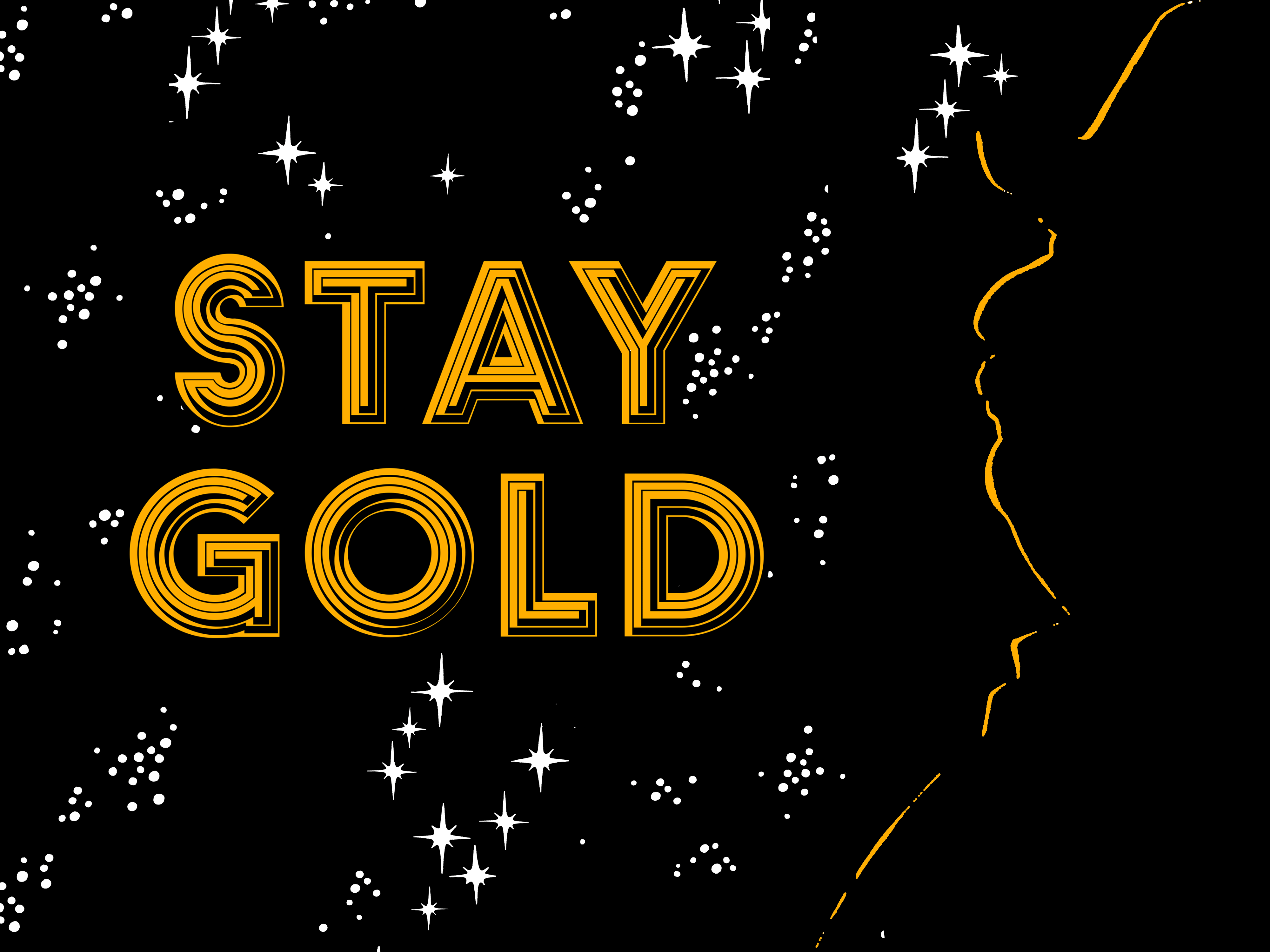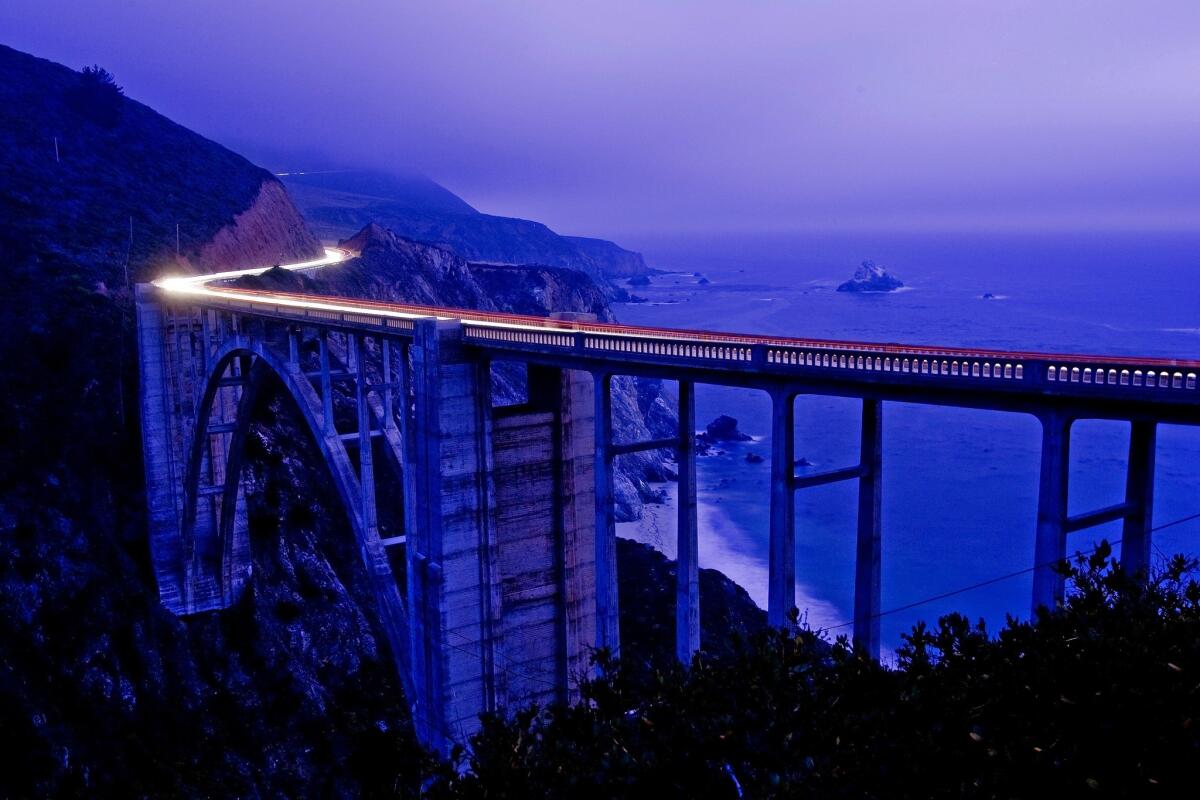Remembering Jonathan Gold a year after his death

- Share via
Good morning, and welcome to the Essential California newsletter. It’s Thursday, July 18, and I’m writing from Los Angeles.
In a city where 224 languages are spoken, it can sometimes be difficult to find the common thread. No one, after all, has ever accused Los Angeles of being instantly legible as a whole.
In fact, an entire genre of civic criticism is predicated on the idea that no such whole even exists — it’s just unmoored fragments over here, connected by nothing but freeways. That 72-suburbs-in-search-of-a-city perspective is so ossified that it might as well be delivered in a proper mid-Atlantic accent, with a quick rejoinder about the moral superiority of Manhattan being only three hours from Heathrow on those new Concorde planes. But I digress.
The fossilized tropes aren’t the only thing that color our vision. L.A. is also, as architect Michael Sorkin once put it, “probably the most mediated town in America, nearly unviewable save through the fictive scrim of its mythologizers.”
It is almost impossible to see Los Angeles on its own terms, let alone as a place independent from all the old words. Unless you were Jonathan Gold.
The Pulitzer Prize-winning Los Angeles Times restaurant critic, who died a year ago this Sunday, made exuberant litanies of the city and its dishes. Food was the connective tissue and the common language in explaining this place.
“He ended up becoming like L.A.’s translator,” his longtime friend Evan Kleiman, host of KCRW’s “Good Food,” told The Times shortly after his death.
Gold was “mission-driven as a critic, hoping his food adventures through the city’s many immigrant enclaves would help break down barriers among Angelenos wary of venturing outside their comfort zones,” deputy food editor Andrea Chang wrote in her obituary for him last year. “In the process, he made L.A.’s enormousness and diversity feel accessible and became one of the city’s most insightful cultural commentators.”
Like many native Angelenos, I first encountered large swaths of the city through Gold’s work. I had a dog-eared copy of “Counter Intelligence” that I devoured and reread like a novel when I was 12 or 13. My dad and I would pick restaurants out from the book and ride our bikes there, with the city growing both infinitely bigger and smaller by the mile.
On Thursday, the Los Angeles Times Food section released a special issue, celebrating Gold’s life and legacy. Here’s an excerpt from food editor Peter Meehan’s introduction: “He was the city and the city was him. I thought we could remember him here, in his newspaper, in what would have been his section, with the gift he gave to everybody whether they ate with him or not: his words.”
“I miss him. I bet you miss him too. But take a moment to read through and remember. The beauty of words and ideas is that they can’t be knocked down or paved over. They can be built upon though: They are there forever, for us, for whenever we need them.”
Below are some highlights from the special issue:
- Peter Meehan’s introduction
- Jonathan Gold’s fried chicken recipe
- “L.A.’s great brotherhood of taco eaters,” apoem by Carolina Miranda
- A collection of legendary “Goldisms”
And now, here’s what’s happening across California:
TOP STORIES
A top official in the Los Angeles County Sheriff’s Department said she left the agency after 34 years rather than carry out what she said was a “highly unethical” and “unheard of” directive from Sheriff Alex Villanueva to reinstate a fired deputy and alter his disciplinary record, court papers reviewed by The Times show. Los Angeles Times
Get the Essential California newsletter »
L.A. STORIES
A West Hollywood synagogue has raised concerns about a newly approved neighboring rooftop cannabis cafe. “The business is to have outdoor space for smoking pot — and I don’t know why my congregation members and participants have to walk through clouds of marijuana to get to synagogue,” the congregation’s rabbi wrote in a message to City Council members. Eater LA
LeBron James’ agent will lead a new sports division at UTA, one of Hollywood’s power agencies. UTA’s chief rivals, CAA and WME owner Endeavor, are both already major players in sports representation. Los Angeles Times
A Boyle Heights teen who wanted to give back to his community decided to clean a freeway stretch near his home, becoming the youngest person in the Los Angeles area to participate in the Adopt-A-Highway program. He does the cleaning twice a month, and his name is now proudly displayed on a roadside Adopt-A-Highway sign. Eastsider LA
Will the Alamo Drafthouse L.A. be the last stand for movie theaters? Los Angeles Times
Your support helps us deliver the news that matters most. Subscribe to the Los Angeles Times.
IMMIGRATION AND THE BORDER
An immigrant living in the country illegally was reported by Daly City police to ICE, even though the state’s sanctuary law largely prohibits police from cooperating with ICE unless a serious crime has been committed. San Francisco Chronicle
In a novel legal strategy to seek redress for being separated from their families at the border, these asylum-seeking mothers are suing the U.S. for emotional distress.Los Angeles Times
POLITICS AND GOVERNMENT
California leaders couldn’t answer basic questions about the prevalence of sexual harassment complaints across state agencies because the state eliminated its system for tracking harassment and discrimination complaints in 2012 amid budget cuts and government consolidation. Capital Public Radio
No more “manpower” or “manhole”: Berkeley adopted an ordinance to replace gendered language in the city’s municipal code with neutral terms. San Francisco Chronicle
Berkeley also just became the first city in California to ban natural gas pipes in new buildings. The law will go into effect in January 2020. Berkeleyside
Transportation officials voted to close a San Francisco block in Hayes Valley to car traffic. The “open street” plan would add a protected bike lane and provide a path for emergency vehicles. San Francisco Chronicle
Former Central Valley Congressman David Valadao, who was defeated by Democratic challenger T.J. Cox in November, hasn’t ruled out another run to represent the 21st District in 2020. KGET
CRIME AND COURTS
An LAPD officer was charged with rape after a “cold hit” DNA match, authorities said. Los Angeles Times
CALIFORNIA CULTURE

“Overtourism is killing Big Sur” was spray painted in the parking lot of Big Sur’s much-photographed Bixby Creek Bridge, about a week after a banner with the same message was draped over said bridge.Salinas Californian (See also: Our previous newsletter coverage of overtourism in Big Sur and beyond.)
Eclectic items from the estate of Coachella Valley philanthropist Jim Houston will be sold off this weekend, including jade carvings, wooden totem poles and assorted snuff bottles. Desert Sun
San Francisco vape shops are deeply worried about the city’s impending ban on the sale of e-cigarettes. CityLab
Who needs Hall H? Here are 16 things to do outside Comic-Con without a badge. San Diego Union-Tribune
CALIFORNIA ALMANAC
Los Angeles: partly sunny, 77. San Diego: sunny, 72. San Francisco: partly sunny, 65. San Jose: partly sunny, 83. Sacramento: sunny, 89. More weather is here.
AND FINALLY
Today’s California memory comes from Gina Peru Friccero:
“It was so long ago ... we were in San Francisco when the troops came home from Korea in the early ’50s. My Mom had us in matching outfits, mother-daughter coat dresses with a beret in pink and black. I remember going to see the big battleships and waiting excitedly for the father I didn’t remember to come down the dock and swoop us up in his strong arms. I remember my Mom saying something about a mustache he had grown. There were families everywhere embracing their Marines home from war. We settled in a little house on San Luis Bay Drive in Oceanside after my Dad got orders for Camp Pendleton. Our street was full of families with kids, and we played outside every day, often exploring the canyon behind the house. I remember the neighbor killing a rattlesnake in the backyard and carrying it around on a shovel so that we kids would know to avoid them. I loved going to the beach and remember a pier and a Ferris wheel in the summer. Best time to be a kid was the ’50s, and California was the perfect place.”
If you have a memory or story about the Golden State, share it with us. (Please keep your story to 100 words.)
Please let us know what we can do to make this newsletter more useful to you. Send comments, complaints, ideas and unrelated book recommendations to Julia Wick. Follow her on Twitter @Sherlyholmes.
More to Read
Sign up for Essential California
The most important California stories and recommendations in your inbox every morning.
You may occasionally receive promotional content from the Los Angeles Times.











